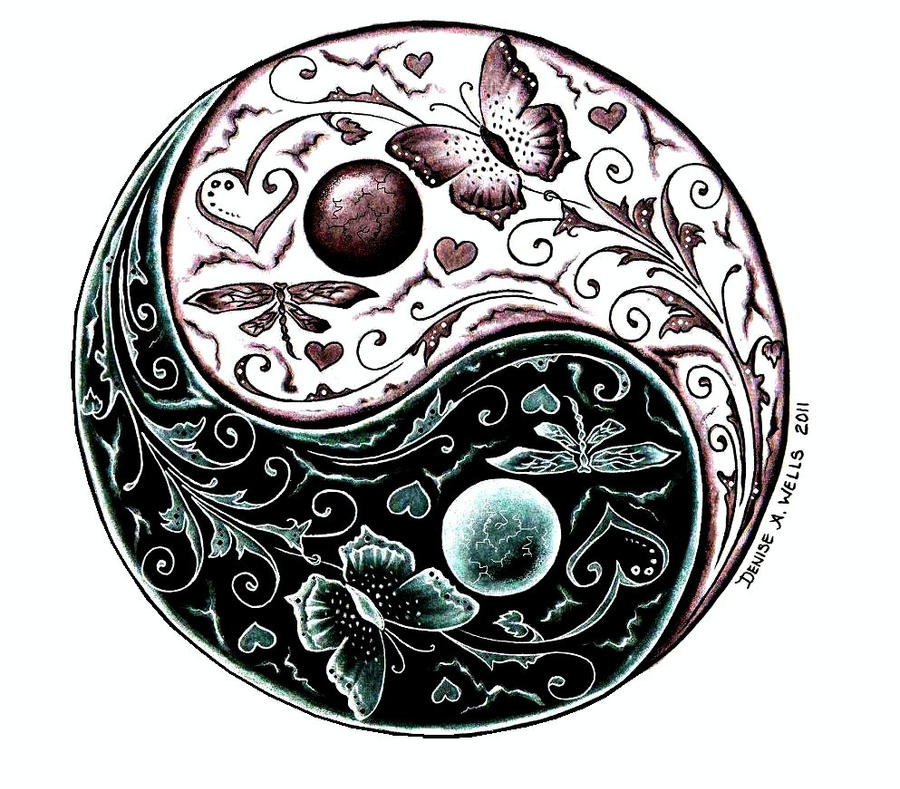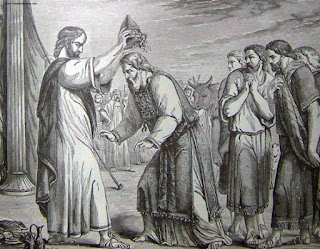Every Jew down in Jewville liked God a whole lot
But the Pharaoh building the pyramids, oh no he did not!
The Pharaoh hated the Jews! He accused them of
treason!
Now, please don’t ask why.
No one quite knows the reason.
It could be that his head wasn’t screwed on just right.
It could be, perhaps, that his shoes were too tight.
But I think the most likely reason of all,
May have been that his heart was two sizes too
small.
Whatever the reason, His heart or his shoes,
He sat on his throne, just hating the Jews,
Staring down from his palace with a sour Pharaoh
frown,
At the warm lighted windows below in their town.
For he knew every Jew down in Jewville below,
Was hoping he’d give them permission to go.
“They’ve smeared their doors with lambs’ blood” he
said with a sneer,
“They say Moses’ last plague is getting quite near!”
Tomorrow, he knew, all the Jew girls and boys,
Would wake bright and early. They’d rush from those
goys!
They would feast on Jew-bread, and Jew-bitter herbs
Which was something that got on his last Pharoahy nerve!
And then they’d do something He liked least of all!
Every Jew down in Jewville, the tall and the small,
Would stand close together, their voices raised and ringing,
They’d stand hand-in-hand. And the Jews would start
singing!
They’d sing! And they’d sing! And they’d SING some
more!
They were singing as they walked right out his front door.
Now it’s 90 days later and the Jews are free
They ran for their lives as Moses split the reed sea
In Rephidim they stopped and gathered their thoughts
Now at the base of Mount Sinai they’re feeling distraught.
Waiting for Moses, who’s up talking with God
And hearing the rules that will seem very odd
To the Jews from Jewiville who started in Egypt
They were starting to wonder if maybe they’d be
gipped
Moses came down the mount and spoke the words of the
lord
“If you obey me and follow my rules, I shall
treasure you most
And you’ll never be bored.
A holy nation you shall be, with free will and free
choice,
Now say yes to my proposal, though what it is I've not said
Or I’ll drop this holy mountain straight down on your head”
"We’ll do it! We’ll do it!" the people agreed
and waited to hear details of their new-fangled
creed.
Would they still worship Rah and Osiris, Anubis and
more?
Or were those things they’d have to learn to abhor?
The festival of Opet was centered in Thebes,
If they continued to celebrate would God think them
dweebs?
Moses told all the Jews to be prepared
God would come down the mountain and become their
laird
Wash your clothes!
Wait three days!
Don’t touch your spouse!
And don’t you even think about starting to grouse.
When the Jews looked up at the dawn in the morn
They saw thunder, heard lightning, bar-ba-bloots from a horn.
The mountain was smokin', God descended in fire
The people did tremble - this was looking quite dire!
The people were freaked out by the voices and blasts
The mountain was smoke and the people were aghast
How long would it last?
How long would it last?
They giant steps back and stood from afar
"Hey Moses!" they said, "You go up, get the word.
We don’t want to be charred by the things that we’ve heard."
When Moses came down from the mountain that day
He climbed up on a rock and had something to say,
"Your attention, please! All of you, I demand
it!
I bring to you this list of commandments!
The Lord passed these to me, and now I to you,
So gather around, you big tribe of Jews!
"First, there's just one God for all of
creation,
Not one for your house and one for vacation
Not one for the lowlands and one for the side hills.
And speaking of which, don't make any idols.
"And regarding Him, in His name please don't
curse.
If you go against this, things will get so much worse!
Instead, just relax and keepeth the Sabbath
I think that you'll find it's a pretty great habit.
"Be kind to your parents, for it's you that
they raised
And try not to kill folks - it's pretty depraved.
Don't schtup anyone you shouldn't be schtupping!
And away with your neighbor's things don't go trooping.
"Do your best not to lie, and be a false
witness.
Stop coveting things, it's a pretty bad
sickness."
And with that Moses finished, and put down his tablet,
Sighed a sigh of relief that the rules were
established.
The crowd stood there stunned, every one was so quiet
Processing these rules and their upcoming compliance.
Then they smiled, they cheered. How hard could this be?
There are only ten rules, not thirty and three.
It was then that Moses delivered the news
Six-hundred and three more rules were
awaiting these Jews
From the back of the crowd, a throat cleared with a hork.
"Yeah, that's great," sneered a voice.
"But what about pork?"
(Hat tip to reddit for their Seuss Bible thread
It inspired as I required, when the rhymes were just dead.)



















